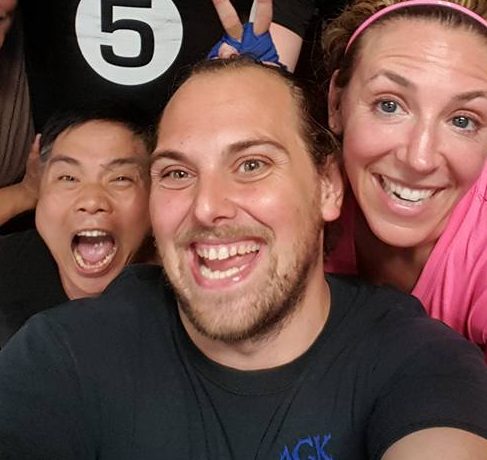Over the past five months, schedules have been upended and downtime has taken over. However, as the new school year gets underway, reality is going to show up and we are going to be scrambling to get ourselves and our children back on a productive path.
In the book “The 7 Habits of Happy Kids” by Sean Covey, the third habit is “Work First, Then Play.”

While many children have struggled with getting homework done, adding in digital learning for them makes school as a whole even more of a daunting task. In the wake of the pandemic, this is our reality, so helping children understand this third habit is essential. By focusing on “Work First” we can help kids stay on track with completing school assignments and homework.
When it comes to schoolwork, children often find ways to avoid it for various reasons, and parents often label this behavior as laziness.
But let’s be honest, children have different priorities than adults do, and the last thing they want to do at home is schoolwork. The reason is that children are still developing executive function skills — the ability to make decisions and immediately follow through — so they don’t have the skills necessary to organize and prioritize activities on their own. This makes it difficult for them to be successful on their own, without guidance.
Children with neurological challenges, such as ADHD, have even more difficulty with this.
The best way to help children learn the “Work First, Then Play” habit is by implementing the following steps:
1) Clarify Benefits:
Children flourish when they feel involved and in control of their life. The sense of autonomy that they develop will lead them toward being more cooperative. Parents can help accomplish this by teaching children the basics of planning and organization.
It’s also important to focus on the positive qualities the child already has and use those to help them overcome any obstacles with work. Further, since children often overestimate their parent’s expectations, clarifying these things in relation to completing schoolwork and homework is essential.
2) Organize Workspace:
Since children are still developing executive function, parents must help them organize their workspace while also giving them input as to the setup.
Whether it’s a dedicated space for digital learning or just for homework, having a designated location, with minimal distractions, is critical to the successful completion of work. Ensuring they have all the necessary supplies in this space will minimize interruptions to look for what they need.
It’s also beneficial to conduct weekly cleanup sessions to reorganize in preparation for the next week.
3) Manage Time:
Once expectations are set, and the workspace is organized, parents should help children set a schedule to follow. While many schools will have a certain schedule to follow for digital learning, parents should help children plan the rest of their day accordingly.
Breaking assignments and homework into manageable sections and setting deadlines will help children not feel so overwhelmed. Emphasizing the importance of “Work First, Then Play” will help children stay on task and complete assignments promptly. Scheduling in “recess” and “free time” will give them something fun to look forward to.
As an example of how to implement these ideas, we can look at how classes are set up in the SKILLZ child development program. The schedule for each class is set and predictable so the students know what to expect (ie Manage Time). Before every class, instructors clean and prep all equipment (ie Organize the Workspace). Each class begins with a mat chat to prepare the students for what they will be learning (ie Clarify the Benefits), goes through the “work” for the day, and then ends the class with a fun game.
This format helps the students stay on task and learn the new information quickly in anticipation of time to “play” once the work is done. In addition, the instructors build intrinsic motivation in the students and give students choices in class so the children can develop a level of age-appropriate autonomy.
Doing schoolwork all day can be exhausting. But, if parents instill the habit of “Work First, Then Play,” children will develop organizational and time management skills while also increasing their intrinsic motivation. This skill will be even more helpful to children as they go through the different stages of their life, into adulthood.
To learn more about the powerful Skillz child development program that uses elements of martial arts training as the vehicle for growth, or to get your child started at our Patchogue location, click the button below:
VISION MARTIAL ARTS
218 Medford Ave
Patchogue, NY 11772
631-707-5610

Author: Jennifer Salama
Jennifer is a 4th-degree black belt and has been training in martial arts since 2001. She has a Masters Degree in Child Psychology. She has embraced the SKILLZ curriculum because of its focus on child development and using martial arts as a vehicle to develop the child as a whole.

















